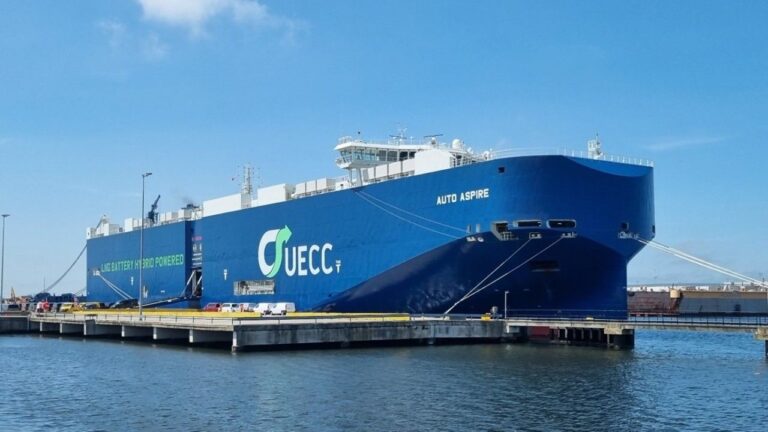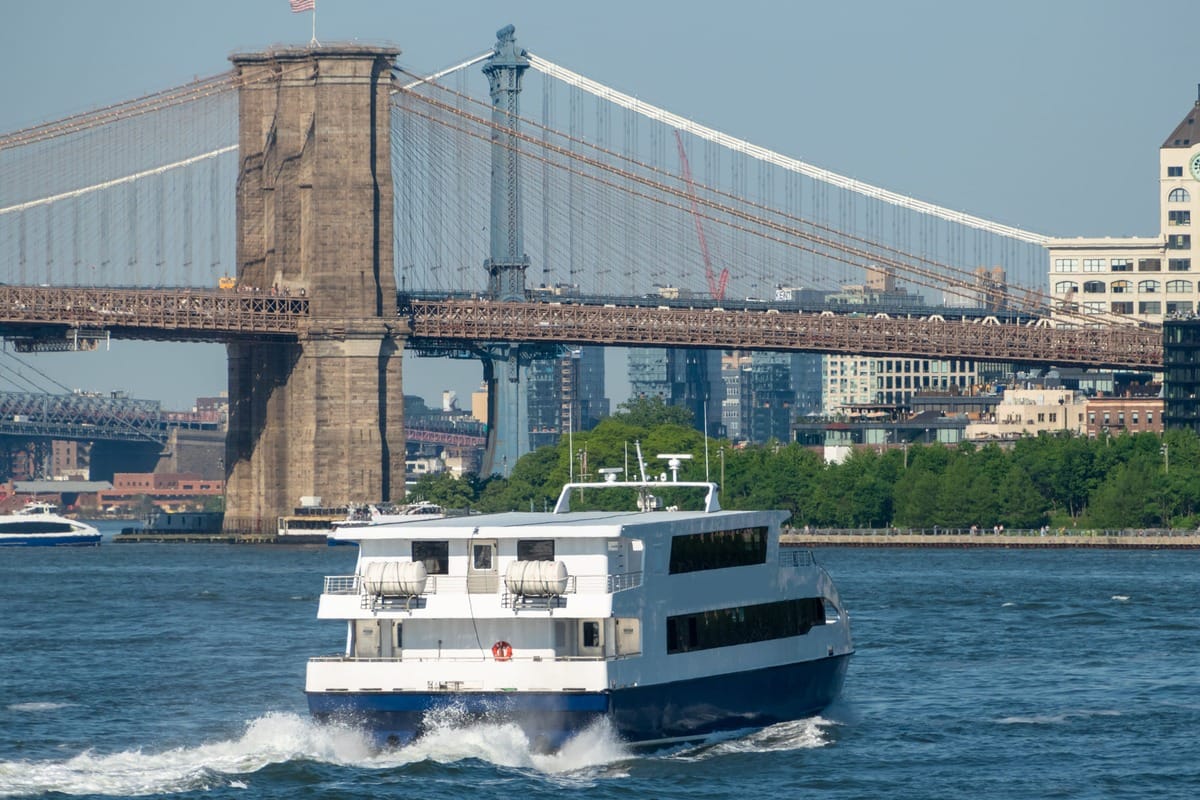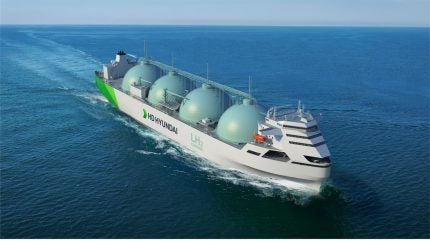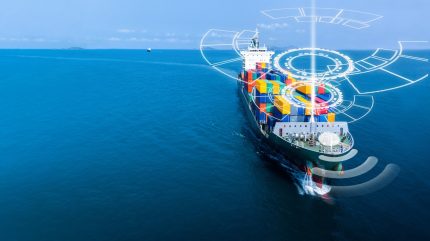Norway-based RoRo transportation provider United European Car Carriers (UECC) has added luxury vehicle manufacturer JLR to its initiative for using low-carbon liquefied biomethane (LBM) in maritime transport, enabling the vehicle maker
Norway-based RoRo transportation provider United European Car Carriers (UECC) has added luxury vehicle manufacturer JLR to its initiative for using low-carbon liquefied biomethane (LBM) in maritime transport, enabling the vehicle maker to achieve sustainability goals in its global logistics chain.
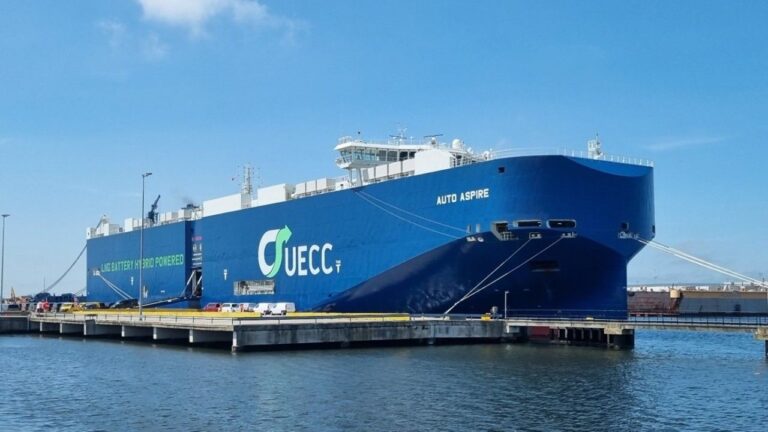
By signing up for UECC’s Sail for Change, four brands under JLR will participate in the initiative launched last year in which LBM, or bioLNG, supplied by Titan Clean Fuels is currently being bunkered on UECC’s five dual-fuel LNG pure car and truck carriers (PCTCs) operating in the European shortsea trade to provide direct and immediate cuts in emissions.
JLR, which produces the Range Rover, Defender, Discovery, and Jaguar brands, will deliver electric models of all its luxury vehicles by 2030 and aims to achieve net-zero emissions across its full value chain by 2039 through the decarbonization of its manufacturing, operations, and supply chain, as well as vehicle emission reductions.
“We’re delighted to have another valued customer onboard with Sail for Change. JLR has shown a strong interest in developing sustainable maritime transport solutions and this is a big step in that direction,” said UECC’s Energy & Sustainability Manager Daniel Gent.
“Interest in Sail for Change has grown exponentially since its launch and I think increasing regulatory pressures are amongst the drivers for this. Car manufacturers like JLR are investing heavily in decarbonization as a top priority, working with all supply chain partners collaboratively to reduce emissions.”
Related Article
-
Vehicle manufacturers partner with UECC to cut emissions through bioLNG use
Operations & Maintenance
The Sail for Change initiative started in July 2024 and has been extended into 2025 through a recently signed supply deal with Titan to secure LBM supplies at the Port of Zeebrugge for much of 2025, resulting in an estimated reduction of over 75,000 tons of greenhouse gas (GHG) emissions.
According to Gent, the latest supply deal with Titan has given UECC “an excellent platform” to build “a long-term commitment to alternative fuels, in this case LBM”.
“Emboldened by our moves to secure alternative fuels into the future, our customers are looking to expand their decarbonization scope under Sail for Change,” he said.
Fueling its vessels with bioLNG is expected to enable UECC to perform carbon-neutral loading operations across its port network with verified emissions data available to clients through a CO2 registry.
Gents believes there is “huge potential” for further significant emissions reductions with LBM exceeding the estimated 25% cut in emissions from using LNG, while it also virtually eliminates other harmful emissions of particulate matter, nitrogen oxide and sulphur oxide.
“This is reflected not only in the Scope 3 emission reductions being seen by our Sail for Change customers, but also by UECC as a whole when we look into the future with Fuel EU Maritime on the horizon,” he concluded.
Related Articles
Content Original Link:
" target="_blank">














